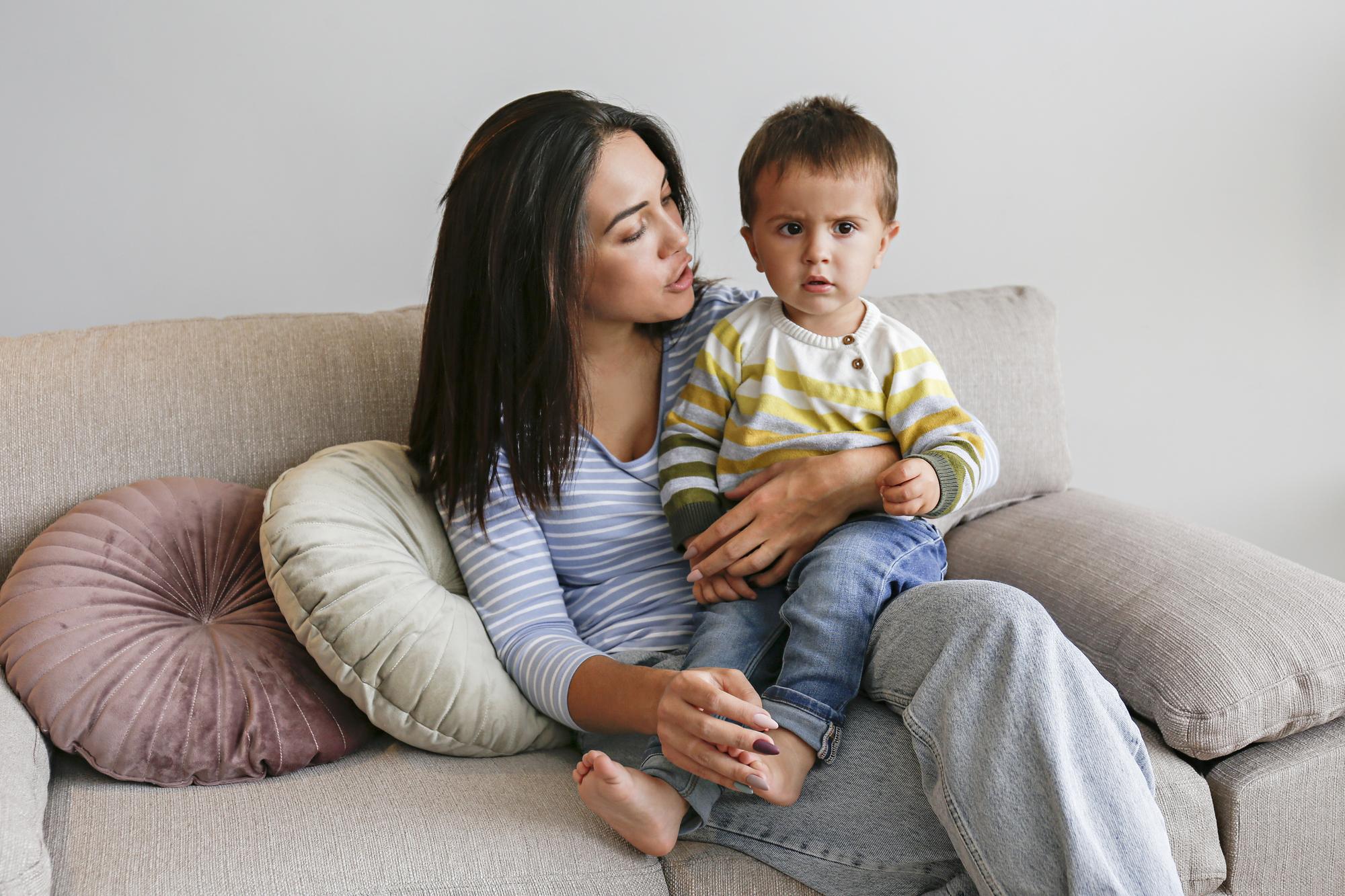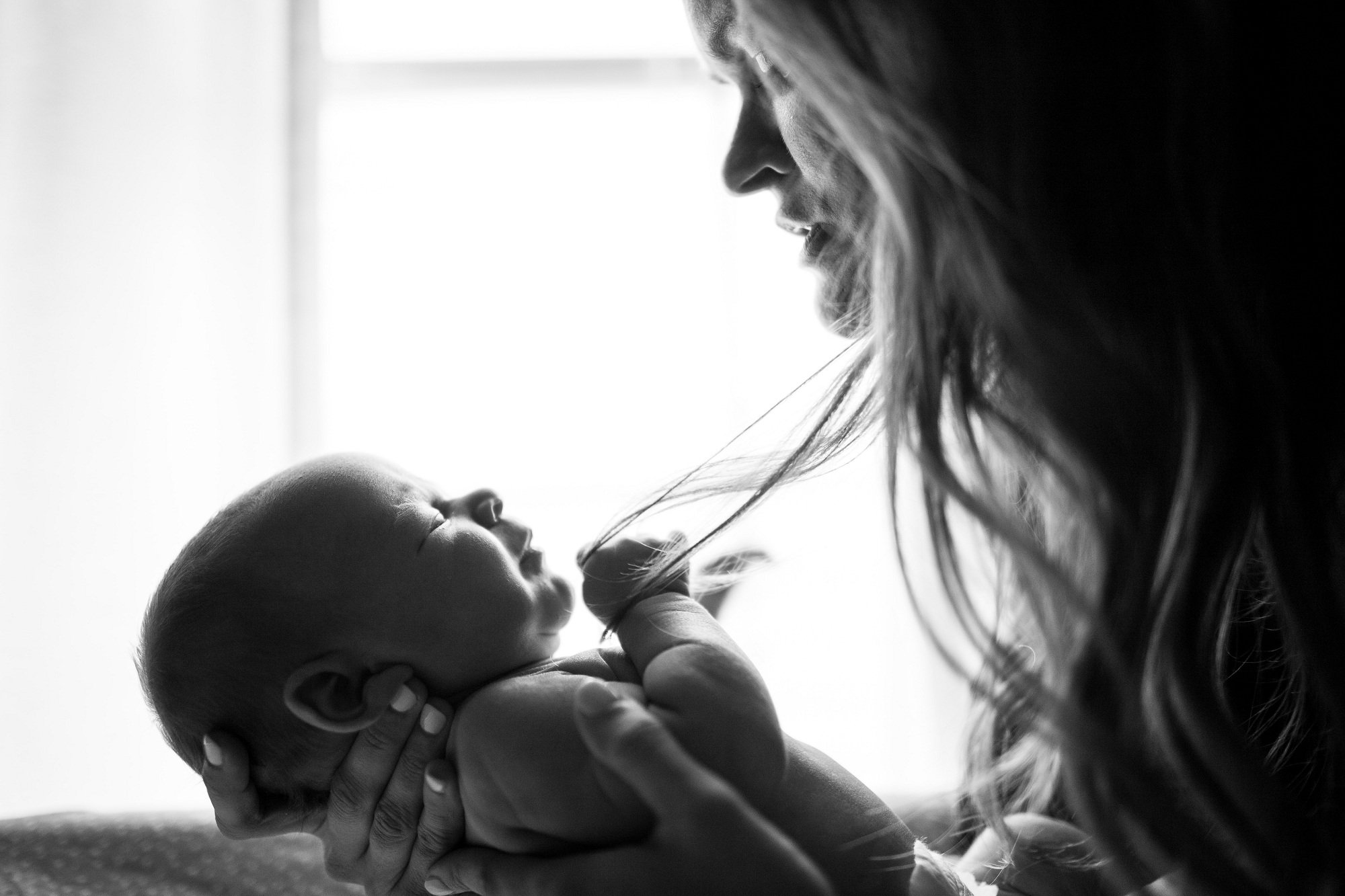What is a disruptive behavioural disorder?
Disruptive behaviour disorders constitute behaviours that consistently “break the rules,” disrupt the lives of those around them and defy authority. While oppositional behaviour is common in very young children and teens, in extreme cases it can require professional assessment and intervention.
Symptoms of a behavioural disorder include:
- Easily getting annoyed or nervous
- Often appearing angry
- Inattention
- Hyperactivity
- Putting blame on others
- Refusing to follow rules or questioning authority
- Arguing and throwing temper tantrums
- Low frustration tolerance
- Criminal Activity
Conduct Disorders
- Attention deficit hyperactivity disorder (ADHD)
- Conduct disorder (CD)
- Oppositional defiant disorder (ODD)
- Intermittent explosive disorder
- Obsessive-compulsive disorder (OCD)
- Bipolar disorder
- Anxiety disorder
How to help little ones manage big emotions
Teaching a child how to manage their own emotions is a difficult topic as well as task to be taught and for them to comprehend. From an occupational therapist perspective managing big emotions is looked at through a big umbrella of emotional regulation which is then broken down into different areas. These areas can include the meaning of each emotion, emotional recognition, how our body feels in each emotion, appropriate reactions to situations and self-regulation strategies just to name a couple. Once the area/areas of where the little person is having difficulties with has been recognised, interventions are than targeted towards this area in a fun and friendly way for the child to learn from. While it may look like that OT’s play lots of games with children (which is true) it’s all because this is what a lot of little ones are able to learn best from as well as not realising they are receiving therapy at the same time.
Positive Parenting
Experts have found that giving kids positive attention in behaviour you want to encourage is more effective than giving negative attention for behaviours you want them to stop.
Positive attention is about being as specific as possible to your child, so they know exactly what behaviour they should replicate. Instead of saying “Great job!”, you could say “I love how you are sharing crayons with your sister” or “it’s awesome that you finished your homework before asking to use your tablet”.
Focusing on positive behaviours is not about ‘looking the other way’ or letting kids off the hook when they misbehave. If your child is behaving in a way that is unsafe, then you need to intervene. However, if it is a behaviour that can be ignored, the withdrawal of your attention sends the message that acting out is not the way for them to get what they want. As soon as you see them calming themselves down or making better choices, you can give them your attention through specific praise.
Managing Tantrums
It’s important to note that ignoring something like a tantrum won’t make it stop immediately, and will often get worse before it gets better, so it may take a few times of ignoring tantrums or other behaviours before they cease.
Making this change takes patience and practice, and because you are human, you may not get it right 100% of the time, and that’s ok. If you do get it wrong, it can be an opportunity for a teachable moment by apologising, expressing your own frustrations and talking about what you would do differently next time.
In addition to responding with positive attention, also making time – even 10 minutes a day – to initiate an activity where you are giving them positive attention will also increase the bond you have with your child, which is a protective factor of children’s mental health in general.
Three Common Parenting Traps + Helpful Tips
- The Escalation Trap
The escalation trap can occur very frequently in children. For example – you tell your child “no more iPad time, you need to go take a shower”, the whining, yelling and tantrums proceed and begin to escalate until your will has dwindled, and eventually, they get their “fine, okay 10 more minutes!”.
Children will then learn over time if they escalate their behaviour and reactions enough, that their parent will eventually give in. If your child knows that even if 1/10 times they will get a “yes” if they tantrum enough, this behaviour will often continue. It is extremely important to remain firm with your response and approach to these behaviours.
Helpful Tip:
Stick to your guns and remain calm. If it is a “no”, stick to this and ignore the escalating behaviours when it is safe to do so. Praise your child when they are able to de-escalate or encourage them to regulate their emotions in a safe manner.
- The It’s Just a Phase Trap
This parenting trap can occur throughout each stage of development as your child begins to explore limits and push boundaries of their behaviour. For example – you may notice your child engaging in new problematic behaviours, e.g hitting, and hope that this behaviour is simply a phase and will cease naturally without intervention. This approach minimizes the severity of different behaviours, and a lack of response can lead to these behaviours continuing longer.
Helpful Tip:
Set clear limits for behaviour and firmly address these behaviours when they occur. Do your best to praise your child when they are engaging in positive behaviours or when responding in a more appropriate manner.
- The ‘You Do This on Purpose’ Trap
This parenting trap involves applying (often negative) intention to your child’s behaviour as something done to intentionally annoy or upset you. For example – you tell your child to stop playing their game and go get ready as you are going to grandma’s house, 10 minutes later you come back, and they are still playing. You say to your child “I told you to stop and get ready, you know this was important to me, you’ve done this on purpose to annoy me, haven’t you!”
Children often lack the broader perspective of their behaviours, than adults tend to apply to these. Furthermore, there may be many other (simpler) reasons for your child’s behaviour which do not involve you at all! The concern with this parenting trap, is that this can lead parents to respond negatively to a behaviour if you feel it was done intentionally or manipulatively, leading to further parent-child conflict.
Helpful Tip:
Do your best to never assume negative intention or manipulation when thinking about or addressing your child’s behaviour. It is important to gain as much insight as you can into your child’s behaviours and consider the intention or purpose which may be developmentally appropriate. By taking this approach, it will ensure you are able to take a calmer and firmer approach to addressing these behaviours.
Keep in mind these three parenting traps throughout your day-to-day interactions with your child! The more you are able recognise when these are occurring, the more likely you are to escape from these traps and make positive parenting choices moving forward to help keep you and your child emotionally regulated.
If you would like to find out more or think your child may be having difficulties with managing their emotions, feel free to give Youthrive a call and see what we have to offer! Our dedicated team of Occupational Therapists would love to support you and your parenting through any challenging behaviours.








